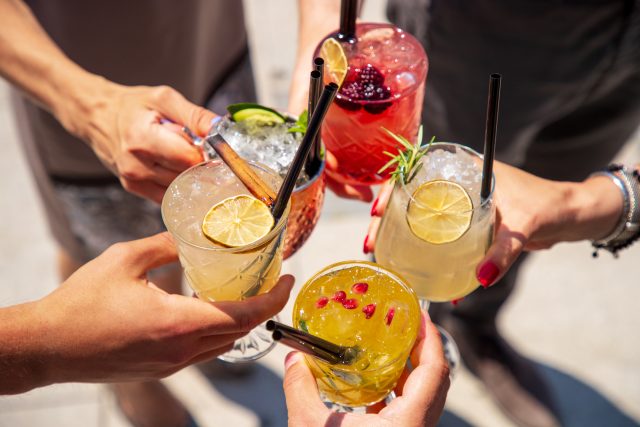This website uses cookies so that we can provide you with the best user experience possible. Cookie information is stored in your browser and performs functions such as recognising you when you return to our website and helping our team to understand which sections of the website you find most interesting and useful.
Four in five bars to increase range of no and low alcohol drinks
More than 80% of bars plan to capitalise on a healthy drinking trend among consumers by increasing their range of no and low alcohol drinks in 2023, new research shows.

Nearly nine in ten (88%) bars now offer no or low alcohol drinks, according to the ‘Leading the Way in No/Low Spirits’ report, produced by hospitality research firm CGA by NielsenIQ and non-alcoholic spirits brand Crossip.
The survey found that two thirds (67%) of bar professionals have increased their no and low alcohol offering in the past 12 months, and even more (82%) plan do so over the next 12 months.
Nearly a third (30%) of bar professionals think the no/low alcohol category is currently the most innovative part of the drinks market, and more are trying to capitalise on the trend in order to engage consumers looking to be more health-conscious.
Crossip founder Carl Anthony Brown said: “It’s clear from this report that bars are rapidly expanding and improving their no and low alcohol menus. The days of a single alcohol-free beer in the fridge or spirit on the back bar are long gone, and no/low options now stand toe-to-toe with their alcoholic counterparts in the range and variety they offer. Bartenders are the true purveyors of new trends in the industry, and we at Crossip are proud to be supporting them with this research.”
The research also found that two in five (41%) professionals think no/low spirits will see the fastest growth in the next five years, putting it well clear of other categories like beer (24%) and wine (23%).
Dave Lancaster, client director at CGA, said: “Bar professionals are helping to make the no and low alcohol category one of the most dynamic parts of Britain’s drinking-out market. Alongside consumers’ rising awareness of the range of quality of drinks that are available, it puts this segment in prime position for more success throughout 2023. Understanding consumers’ needs, optimising range and innovating in flavours and serves will all boost bars in what is set to be another tough and competitive year.”

